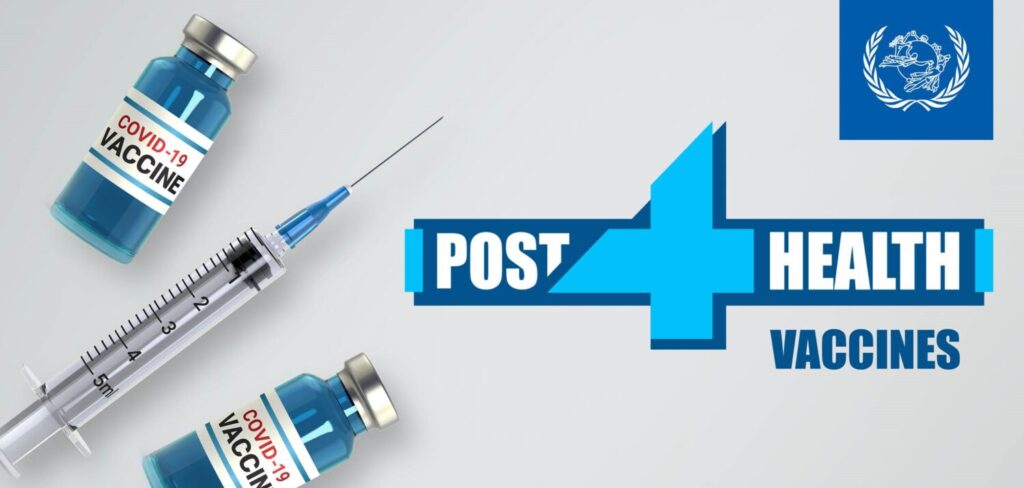The Universal Postal Union (UPU) has launched a new facility that it says aims to help posts deliver health policies, products and services.
Called Post4Health, the facility will use a two-pillared approach. Pillar one will support operators with Covid-19-related awareness, outreach and advocacy campaigns, and pillar two will support immediate Covid-19 vaccine response, strengthen posts’ capacity in this area and help them build long-term business cases for health services.
Olivier Boussard, who is responsible for coordination, resource mobilization and stakeholder engagement at the UPU, explained, “Last-mile delivery of the Covid-19 vaccine is a key global challenge. But it is in the postal industry’s DNA to deliver to the last mile – it is part of posts’ universal service mandate, so it is essential that postal operators play a role in the Covid-19 response. Post4Health aims to help them achieve this.”
Post4Health has reached out to UPU’s 192 member countries to find out how they are contributing to the Covid-19 response and vaccination campaigns, and to identify areas where operators need support. The facility has so far received donor contributions from La Poste Group (France) and Japan’s Ministry of Internal Affairs and Communication. It will work closely with its UN partners, including the World Health Organization (WHO) and UNICEF.
“We are identifying which posts have the logistics capacity right now to support the UN in its endeavors to deliver the vaccine in developing countries. And then we will identify key gaps and look at how we can support posts to fill those. We are currently looking to engage more partners and donors in the Post4Health project. We need resources,” Boussard added.
UPU plans to help posts with their Covid-19 response in several ways. First is through information distribution. “We are encouraging governments to use postal networks as a means to bring relevant information to people and communities that are underserved or not connected in remote areas,” Boussard highlighted. “Postal outlets could also act as centers for information or for the enrolment of citizens in the vaccination campaigns, for example.”
UPU notes it has extensive experience in this area through its involvement in the HIV/AIDS campaign a decade ago and the Chikungunya and Zika virus campaign led by the WHO in 2015/2016. “We worked with UN partners and governments to use the postal network to bring information on those pandemics to the public,” explains Boussard. “We printed leaflets, translated information and provided training to staff. We plan to support posts in a similar way as part of Post4Health.”
UPU will also look into the possibility of assisting posts with acquiring essential equipment to be able to transport vaccines and related medical goods, such as syringes and PPE. “The majority of posts do not have the capability to provide ultra-cold chain logistics as is required by some vaccines, for example. But we can provide support for cold chain logistics to meet the needs of other vaccines entering the market. We could, for example, provide financial support to posts to help them buy cold chain boxes so they can transport the vaccines.”
In addition to assisting with advocacy and equipment support, Post4Health plans to share best practices between posts regarding the most effective approach to delivering health services. “We hope to exchange experiences and expertise between countries that are leading the way in this area, and those that are in need. Here we could offer twinning projects to support this,” Boussard added.
In the long term, Post4Health hopes to help cement posts’ positions as key players in the distribution of public health campaigns and programs. “We want to make sure that wherever possible the postal sector can help with vaccine distribution while having a longer-term perspective, which is to build the capacity of posts to deliver health products and health services – beyond the Covid-19 vaccine distribution challenge,” Boussard concluded.


